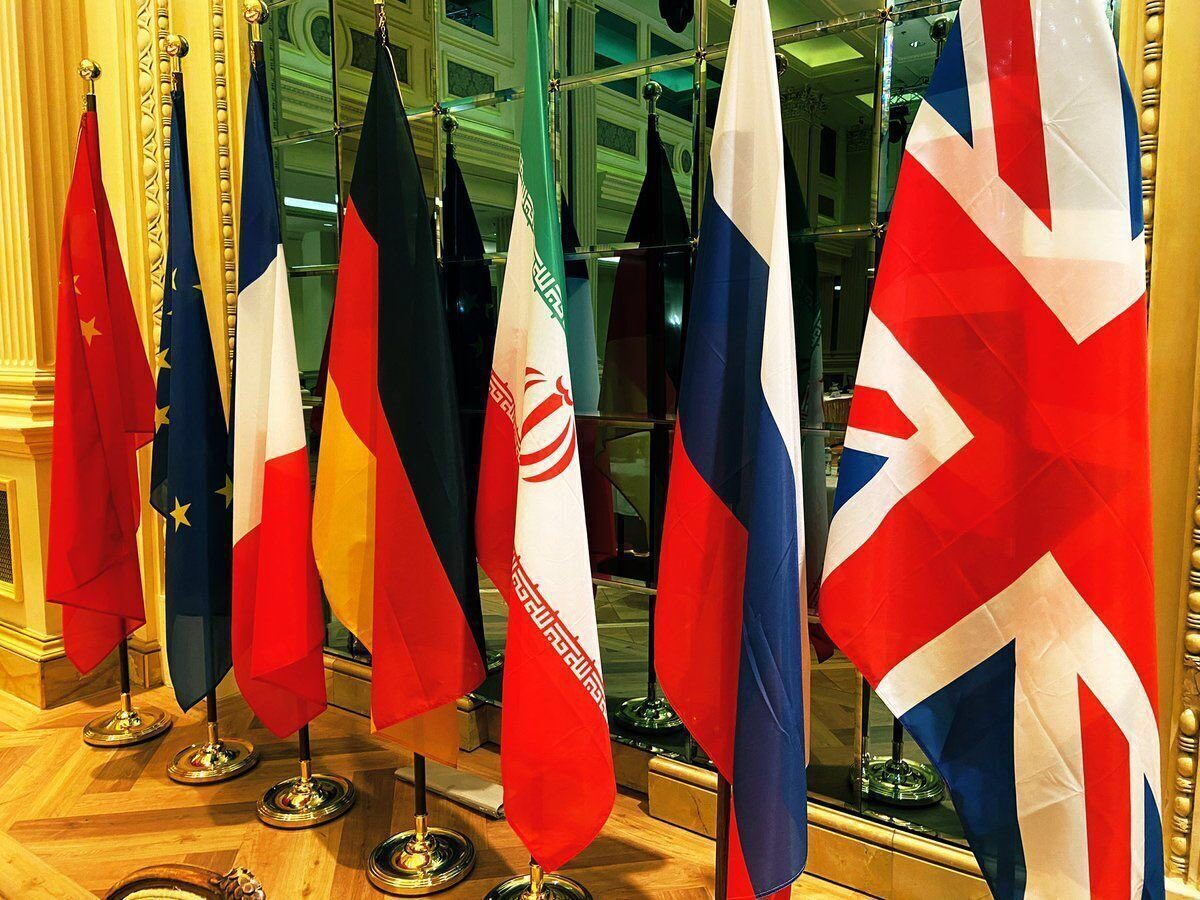The talks resumed on Monday following a five-month hiatus.
European diplomats attending the latest rounds of nuclear talks in Vienna said they are waiting on the Iranian side to confirm its willingness to pick up where they left off, Reuters reported on Tuesday.
“The next 48 hours will be quite important to know and to confirm that hopefully we can pick up there and get into very intensive working mode,” said a senior European diplomat, noting that a draft agreement was 70-80% complete during the previous round of talks in June.
The senior diplomat from the E3 – the UK, France and Germany – explained that the remaining 20-30% consists of pending issues including Iran’s move to enrich uranium.
“If they don’t show us that they’re serious this week, then we have a problem,” he added.
Meanwhile, Iran’s nuclear negotiator, Ali Bagheri Kani told reporters that the points negotiated in the previous six rounds were open for discussion.
“What was discussed at the six previous rounds of talks in Vienna resulted in a draft and not an agreement. And a draft is subject to negotiations,” said Bagheri Kani.
Vienna talks start on ‘positive note’ as Iran pushes for lifting of sanctions
The Iranian diplomat added that “nothing is agreed until everything is agreed”.
Diplomats returned to Vienna on Monday for talks aimed at restoring the Joint Comprehensive Plan of Action [JCPOA] following months of delay. The talks kicked off on a positive note despite mounting tensions between the US and Iran.
The indirect US-Iran talks initially started in the Austrian capital in April this year to revive the 2015 nuclear accord, but adjourned following the sixth round in June. The talks were put on hold as Iran’s elections took place, which saw the victory of Raisi.
Diplomats from the p4+1 – China, France, Russia, the UK and Germany – are in attendance.
Washington and Tehran had agreed to form two working groups during the first round of talks in April to ensure the compliance of both sides in the accord – one to oversee the lifting of sanctions on Iran and another to monitor its limitation of nuclear activity.
Despite this, the talks were inconclusive and tensions only increased, with Iran returning to the talks demanding the lifting of sanctions.
When former US President Donald Trump withdrew from the JCPOA in 2018, he imposed stifling economic sanctions on Iran in a bid to apply what his administration described as “maximum pressure” on Tehran.
This created a state of mistrust from the Iranian side, which is demanding guarantees from the US that it will not back out of the deal again.
Washington also previously warned it would pursue “other options” if Iran does not reduce its nuclear activity.
The US statements come as world powers expressed concerns over Iran’s nuclear programme, especially after it had enriched uranium at 60% purity in response to a series of attacks which Tehran has blamed on Israel.
On Tuesday, Israeli Foreign Minister Yair Lapid told French President Emmanuel Macron that sanctions on Iran must not be removed and military action would be able to halt its nuclear programme.
“Sanctions on Iran must not be removed. Sanctions must be tightened, a credible military threat must be applied, because only that will stop its nuclear race,” said Lapid, as quoted by Israeli media.
The official told Macron that Iran is allegedly buying time to make more nuclear advancements.







